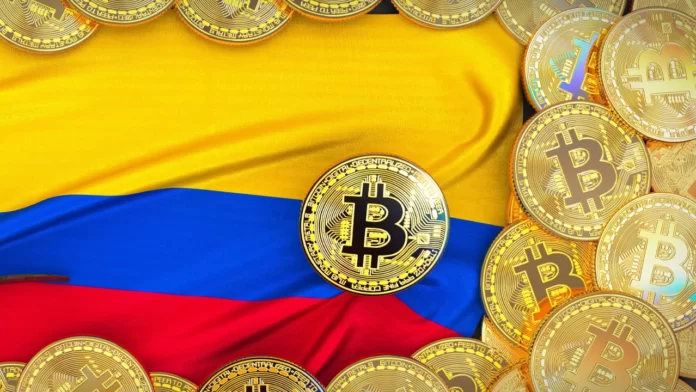The final regulations, according to the U.S. Federal Reserve Board, have been made available and will be followed by Reserve Banks when “reviewing requests to access Federal Reserve accounts and payment services.” The board has stated that the final regulations will go into effect after they are published in the Federal Register.
A transparent, risk-based, and uniform set of criteria for Reserve Banks to use in evaluating requests to access Federal Reserve accounts was recently announced by the board of the U.S. Federal Reserve.
According to the bank, the most recent guidelines are nearly identical to those that were initially proposed in May 2021 and the additions that were initially proposed in March of this year. Once they are published in the Federal Register, these new rules will take effect.
The action may open the door for fintech, cryptocurrency, and special purpose depository institutions (SPDIs). In October 2020, Kraken Bank submitted an application for a master account with the Federal Reserve Bank. The vice chair of the U.S. Federal Reserve, Lael Brainard, is quoted as saying why the guidelines are necessary in the Fed’s most recent statement.
In order to support a secure, inclusive, and cutting-edge payment system, Brainard said that the new guidelines “provide a consistent and transparent process to evaluate requests for Federal Reserve accounts and access to payment services.”
The increase in institutions offering “new types of financial products” or those with novel charters is causing an increase in requests for access to accounts, also known as master accounts. The new regulations mandate that institutions with federal deposit insurance be subject to “a more streamlined level of review,” according to the U.S. Federal Reserve.
A more thorough review would be necessary, however, for institutions that were determined to be engaged in novel activities or for which a “appropriate supervisory and regulatory framework” had not yet been developed.
Custodia Bank (previously Avanti) filed a lawsuit against the Federal Reserve Board of Governors in June over what it claimed was a “unlawful delay” of the business’ master account application. Similar to Kraken, Custodia also applied for a Fed master account in October 2020, and it has been waiting 21 months for an answer since the filing.









